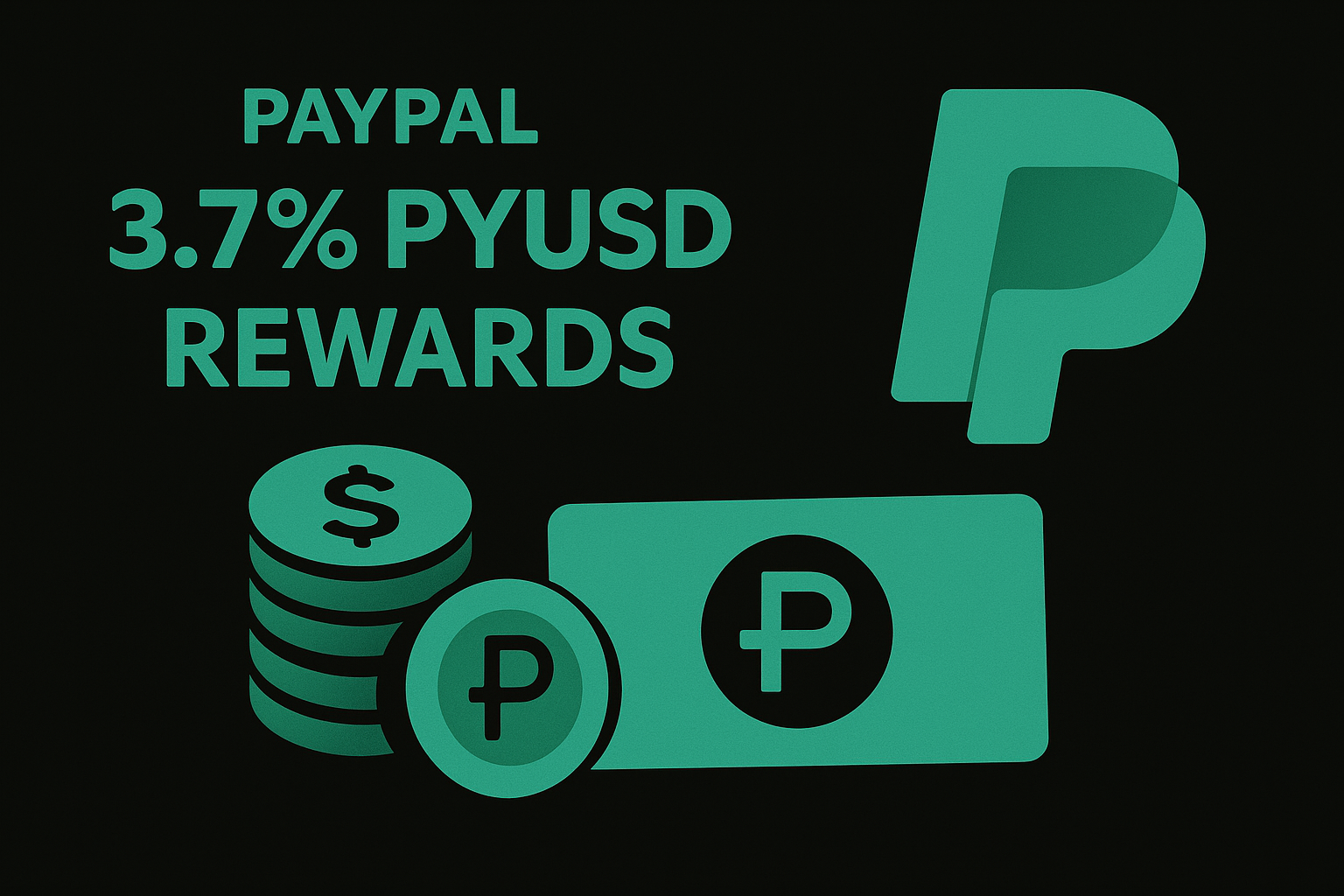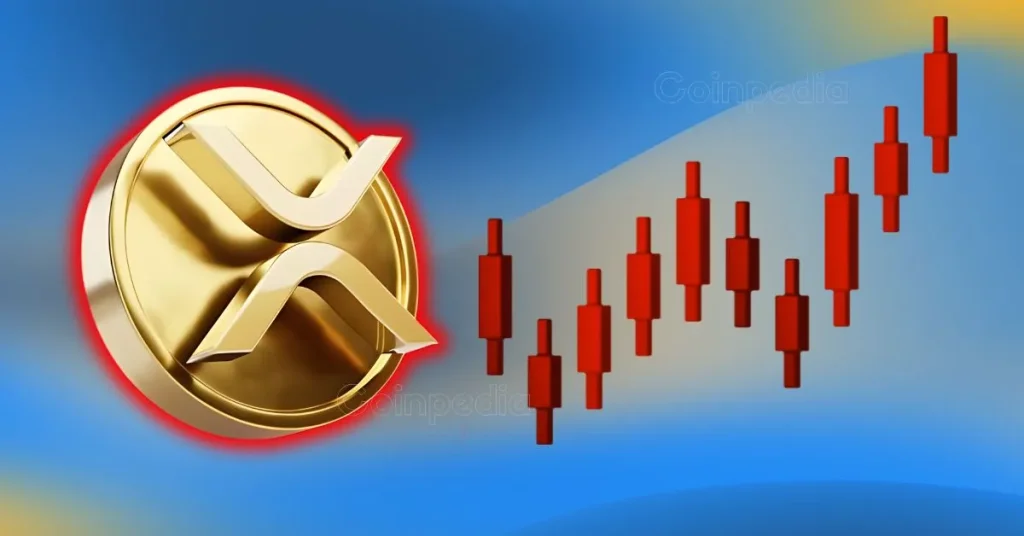ARTICLE AD BOX

- PayPal offers a 3.7% annual yield on PYUSD to encourage its use for everyday payments and transfers.
- PYUSD expansion to Solana ensures faster, cheaper transactions, while rewards aim to challenge dominant stablecoins like Tether.
PayPal is moving ahead in the crowded stablecoin space with a sharp move to attract more U.S. users. By rolling out a 3.7% annual yield on its PYUSD stablecoin, the company aims to drive practical use beyond trading. It’s a clear attempt to make PYUSD a go-to for everyday payments and transfers, not just crypto speculation.
Launching this summer, the reward will be available for both PayPal and Venmo users across the United States. Users who hold PYUSD in their wallets will earn an additional 3.7% in PYUSD. This bonus can then be spent, transferred, converted to dollars, or used for international payments—giving users more than just a passive asset. The returns will be calculated every day and credited monthly.
Unlike competitors who tie rewards to U.S. Treasury yields, PayPal is funding this initiative from different sources. Jose Fernandez da Ponte, who leads the blockchain efforts at PayPal, confirmed:
“The rewards are here to push PYUSD as a form of payment.” He also shared that
We are halfway in a 10-year journey.
Stablecoin Battle Heats Up as PYUSD Finds Its Footing
PYUSD, which debuted in 2023 through Paxos, hasn’t quite reached the top tier of stablecoins. While its market value hovers around $873 million, giants like Tether have ballooned to $145 billion. At this point, just six stablecoins globally have broken the $1 billion ceiling.
Despite that, the coin has been growing steadily. By August 2024, its market cap was approaching $1 billion, supported by a 24-hour trading volume of $24 million. It was initially launched on Ethereum and then expanded to Solana to offer quicker and cheaper transactions. The coin remains fully backed by U.S. cash, Treasury bills, and similar holdings, all under the oversight of New York’s financial regulators.
PayPal isn’t alone in this push. The stablecoin field is now more competitive than ever. Robinhood, Revolut, and Fidelity are all testing or developing their own tokens. Stripe made a notable move by acquiring Bridge, a stablecoin tech firm, to bolster its presence. Coinbase and Circle have already carved out strong positions with USDC and have started offering similar reward programs.
CEO Signals Bigger Changes Ahead in the Payments Game
CEO Alex Chriss has been vocal about what’s broken in today’s payments infrastructure. “We are thinking a lot about how we can change the expense profile of the payments landscape by using stablecoins,” he said. The reward model is not just an incentive—it’s a statement. The company wants users to actively use PYUSD for purchases and transfers, not let it sit idle.
That drive is rooted in a belief that stablecoins should serve a real-world function. Jose Fernandez da Ponte acknowledged that PYUSD has mostly been used in crypto-related scenarios, but PayPal wants that to change fast. Integration into its suite of tools is already planned for this year.
As PYUSD finds its place in a busy market, PayPal’s reward program could serve as a key differentiator. While others chase hype or hold back until regulations settle, PayPal is putting its wallet where its plan is. Whether that’s enough to challenge the stablecoin elite remains to be seen—but the 3.7% is a clear message: it’s ready to fight for users.
.png)
 2 hours ago
1
2 hours ago
1








 English (US)
English (US)